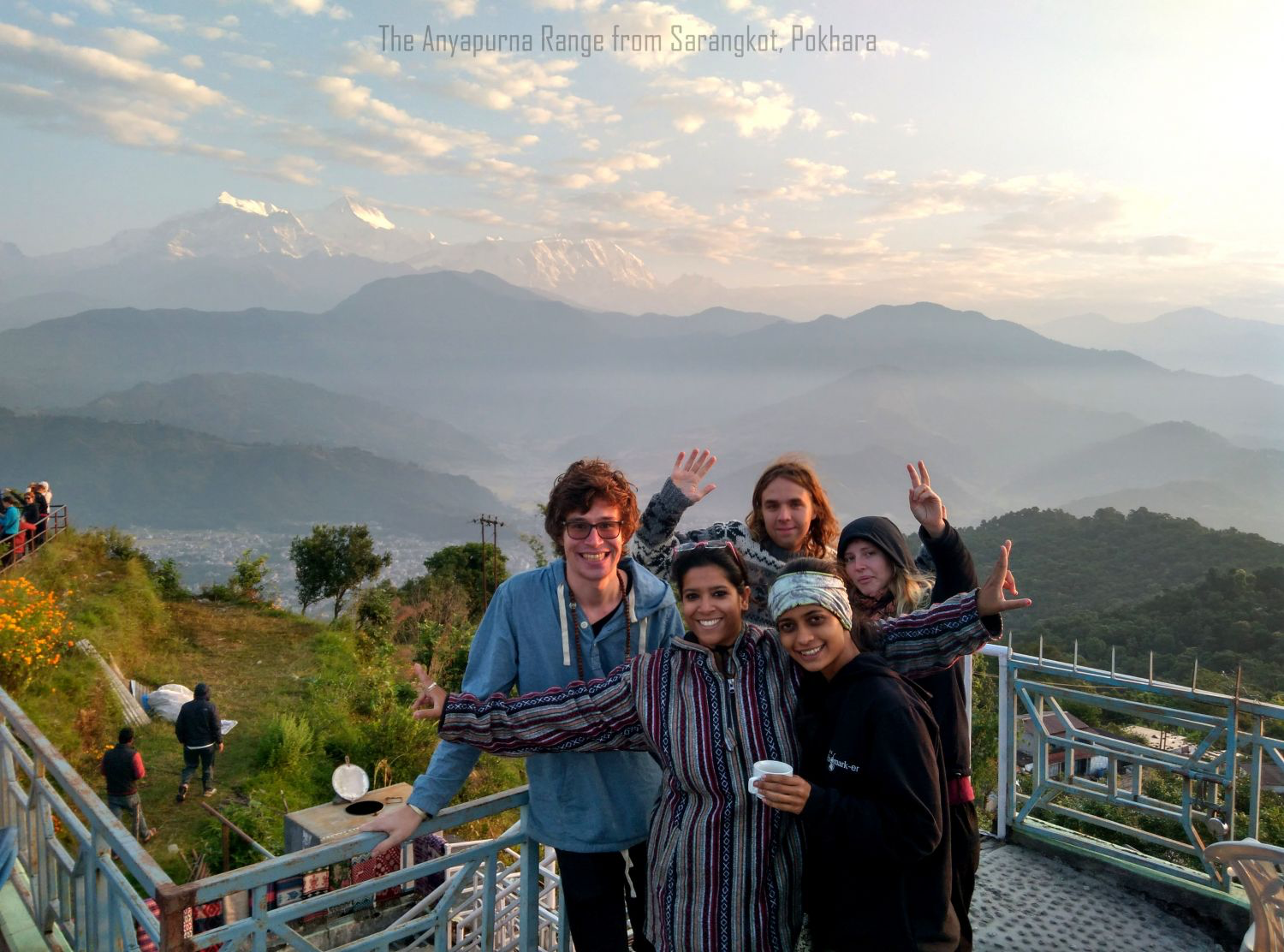
The introduction to the course investigates the field of peace and conflict studies and its multi- disciplinary approach and the meaning of peace as one of the main subjects within the field. Concepts of violence and various forms of violence are presented. While looking at perspectives of organised violence, the causes of wars and violent conflicts are further examined and discussed; in particular through examining trends and causes of armed conflict as well as possible mechanisms of prevention. Further an overview of understandings of conflict and war are explored historically as well as through presenting notions of ‘old wars’ and ‘new wars’. These lectures are concerned with answering the seemingly simple but actually quite complex question: Why do violent conflicts occur? They do so by considering the reasons for war and violent conflicts in a series of ever-increasing levels of complexity and social causation.
Peace and Conflict Studies differs from traditional approaches of social sciences, political science and international relations in several ways, one of which is that it concerns itself not only with the prevention and ending of war (negative peace), but also with the articulation of desirable outcomes (positive peace).
Through exploring various meanings of peace the second half of the lectures presents peace and conflict studies through the concepts of negative and further positive peace. Having surveyed the causes of wars, from traditional to modern understandings, we next move to the question of achieving peace via international organisations (including but not limited to the UN) and international law. The lectures also debate in general the relationship between human rights and peace, and in particular try to analyse the paradigm shift from state security to human security.
